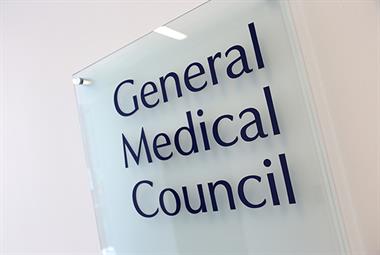The MIMS Learning module Transgender healthcare: why is it important?, has been created to highlight LGBTQ+ terminology, key statistics about transgender health, and provide insights from transgender individuals.
It includes videos from two transgender women, Sophie and Dee, talking about their healthcare experiences, both positive and negative.
Sophie recounts that she was referred for psychiatric evaluation when she presented to her GP for support with her transition. She says: 'I saw a psychiatrist … who said he didn’t see why a perfectly sane person needed an evaluation and recommended my immediate referral.’
Dee discusses positive and negative experiences, but adds that her GP 'got on with caring for the hybrid patient I had become'.
Health inequalities faced by trans people
As well as patient stories, the module provides explanations of key terms used to describe people, gender, and concepts. It also highlights what GP registrar authors, Drs Tulip and Thompson, describe as 'disturbing and shocking statistics' from Stonewall with regard to hate crime, health inequalities and mental health issues.
For example, two in five trans people surveyed experienced hate crime within the previous 12 months, 16% had been refused healthcare, and 62% said they experienced a lack of understanding from healthcare professionals about specific trans health needs.
A total of 67% of trans people surveyed had experienced depression in the previous year, while 46% had considered taking their own life. Some 12% had actually made an attempt to take their own life in the previous year.
Free learning module
The module is the first in a series of three, and forms part of MIMS Learning’s Tackling Healthcare Inequalities campaign. It is open to any healthcare professional through a free registration on MIMS Learning.
After completing the module, healthcare professionals should be able to:
- Define common LGBTQ+ terms
- Have an awareness of the key statistics relevant to transgender healthcare
- Understand the common challenges transgender people may face
- Gain insight into the personal experiences of trans individuals within healthcare
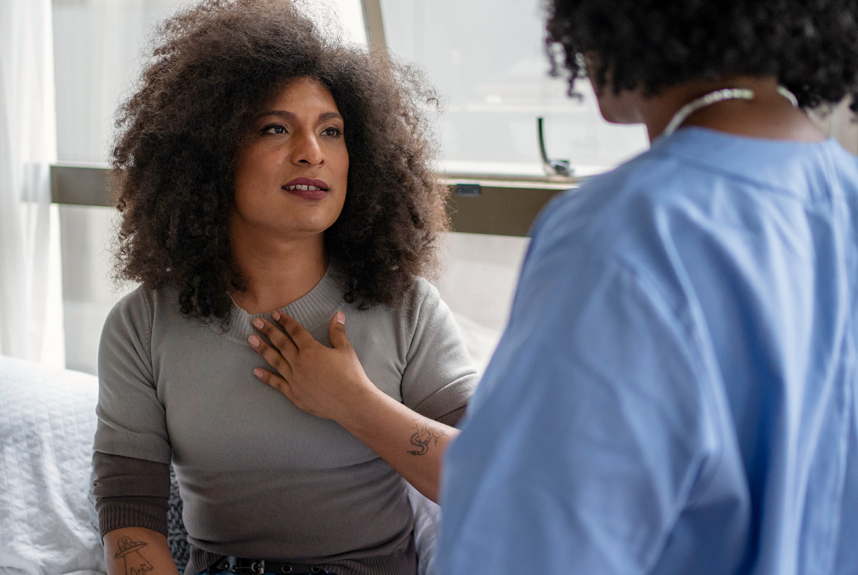
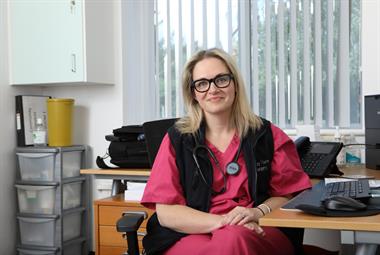
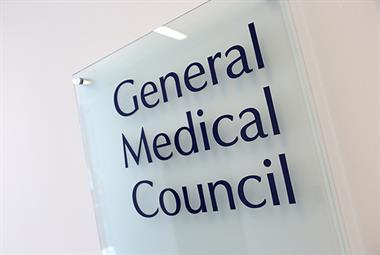
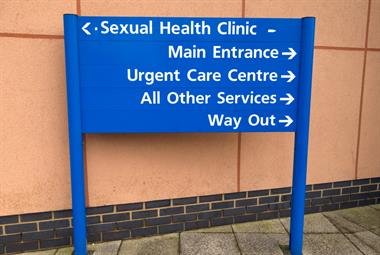





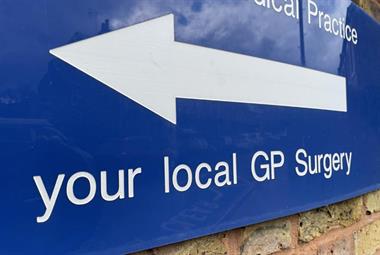
.jpg)
